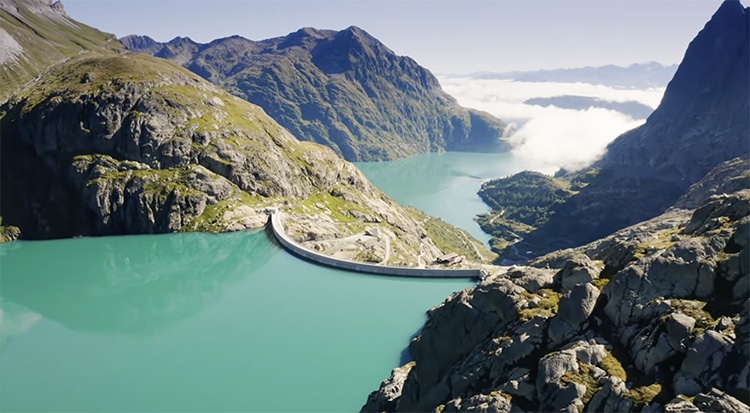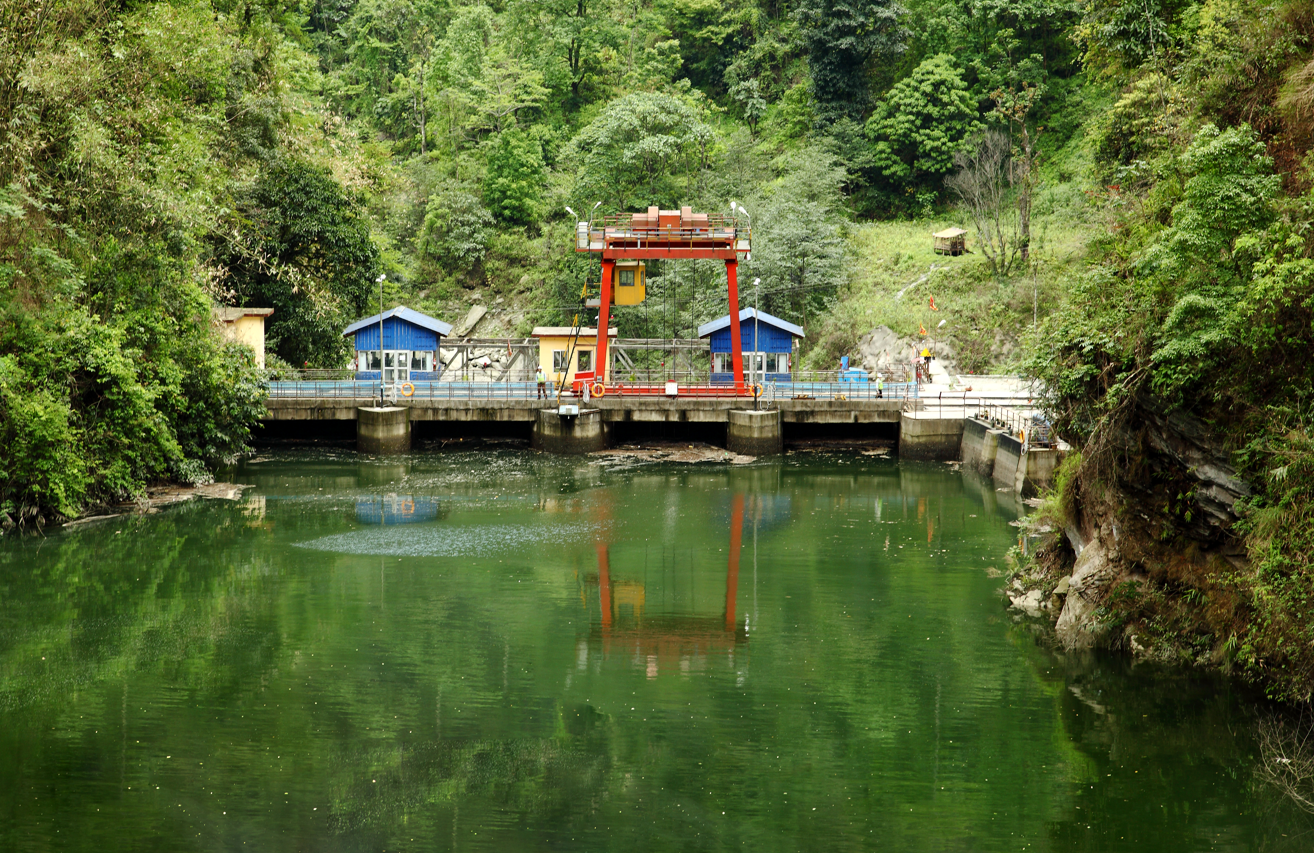Sector stakeholders help shape hydro's role in the clean energy transition
Over 160 hydropower industry, civil society and policy representatives met to address the challenges and role for hydropower in the clean energy transition, at a HYDROPOWER EUROPE online event last week.
The #HPEOnlineWorkshop was part of the HYDROPOWER EUROPE consultation process on a Research and Innovation Agenda (RIA) and Strategic Industry Roadmap (SIR). Stakeholders were able to debate and share their views on policy and regulations, technical challenges, and environmental and social issues affecting the future of hydropower in Europe.
As a partner in the project, IHA participated alongside other leading international and European organisations. IHA Senior Analyst David Samuel commented; “the workshop was a chance to hear from a range of stakeholders and discuss the opportunities as well as challenges facing hydropower in Europe”.

At the beginning of day one, representatives from the European Commission’s Directorate-General Energy and Directorate-General Environment introduced policy and regulatory issues as the EU works towards decarbonisation. A key point raised was the need for integrated energy and environmental policies, to ensure supportive planning frameworks for hydropower development. Next, technical challenges and research and innovation (R&I) priorities were presented including innovative concepts and technologies to boost hydropower’s potential. Collaboration among hydropower stakeholders and the public will be increasingly important for the sector.
The introduction was followed by four separate parallel group discussions. In the first group, experts shared their views on market structure and regulatory mechanisms to support hydro in Europe. The second focused on improving the European funding offer for hydropower R&I, and the third group explored the question of hydropower as a flexibility provider for the future European energy system. Attendees in the last group discussed the performance and resilience of existing infrastructure.
Day two kicked-off with civil society organisations such as WWF and the Global Water Programme (IUCN) addressing the impacts of hydropower on the environment. Best practices and solutions to make hydro more environmentally friendly were presented, with examples highlighting small-scale hydropower applications in the Netherlands, run-of-river projects using eco-friendly solutions, and effective system-scale planning for renewables development. Throughout the workshop, the importance of industry and civil society working together was emphasised as essential to ensuring public support.
Again, the second day ended with four parallel group discussions. Best practices and solutions to increase public acceptance of hydropower were discussed in the first group. The second addressed environmental solutions and benefits of hydropower projects. Finally the third and fourth groups focused on the environmental impacts on river flows and on biodiversity, respectively.
On behalf of HYDROPOWER EUROPE, IHA’s David Samuel moderated the group discussion on river flow impacts, for which technical support was provided by Egle Kareckaite of the European Association for Storage of Energy (EASE). IHA Senior Analyst Cristina Diez Santos gave an introductory presentation on river flow impacts, with conversions then centering on sediment management. Dams and hydropower structures can affect the natural flows of sediment along a river, and so managing the issue is critical both for river health and efficient hydro operations. The group discussed case studies in Poland, Switzerland, and Italy, and concluded that site owners and policy-makers need to be aware of the risks and understand the range of solutions available.The recordings and the presentations from the main sessions are accessible once registered for the wider stakeholder consultation at this link.
Online consultation open until 31 October
The HYDROPOWER EUROPE Forum has been working on a consultation process through regional and technical workshops as well as online consultations. Feedback from diverse groups of stakeholders including hydropower experts, industry, civil society, environmental organisations and other interested parties is being collected, to help shape R&I priorities for the sector.
The outcomes of the workshop will help finalise recommendations for the future direction and role of hydropower in Europe. There is still time to provide feedback by participating in the 2nd Stakeholder Online Consultation. The consultation process will close at the end of October 2020.








.jpg)
